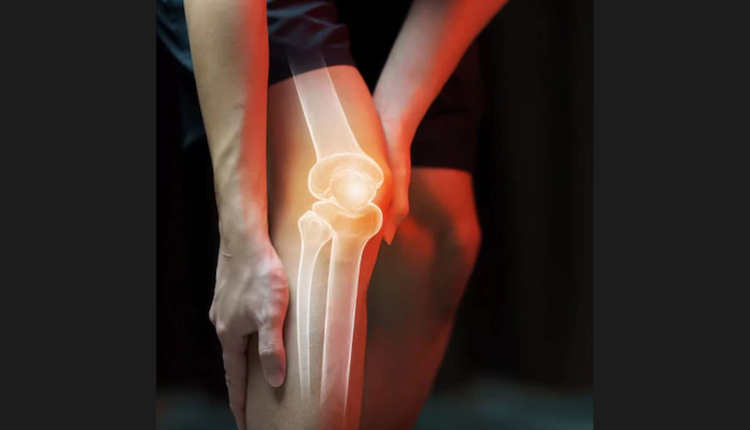Can Stem Cell Injections Offer Real Knee Pain Relief? UK Medical Experts Say Yes
If you’re exploring alternatives to knee surgery, Mesenchymal Stem Cells may offer an exciting new option. Known for their regenerative potential, these cells are now at the forefront of cartilage repair and joint care.
Through quick, targeted injections, typically offered via specialist clinics, MSC therapy aims to reduce inflammation, relieve pain, and encourage natural healing—all without the need for invasive procedures or lengthy recovery times.
Introducing Mesenchymal Stem Cells
Mesenchymal Stem Cells (MSCs), otherwise known as Medicinal Signalling Cells, are a unique type of stem cell that is now being used for both the repair and regeneration of damaged cartilage via swift, minimally invasive and targeted injections.
MSCs are a powerful tool in regenerative medicine due to their ability to differentiate into various tissue types, including cartilage. When injected directly into the affected knee joint, they help to stimulate the body’s natural repair processes by releasing bioactive molecules that reduce inflammation, promote healing, and encourage new cartilage growth.
How Do These Stem Cell Treatments Help Patients?
What really distinguishes stem cell therapy is that this innovative approach is significantly less invasive than traditional surgical procedures, such as knee replacements, which often require long recovery times.
Instead, MSC injections are performed as outpatient treatments with minimal downtime, making them an ideal option for patients seeking pain relief and improved mobility without the risks associated with major surgery.
Professor Paul Lee, MBBch, MRCS, MFSEM (UK), MSc (Sports Med), PhD, FEBOT, FRCS (Tr & Orth) of London Cartilage Clinic highly endorses the treatment. He believes that this type of regenerative care is the future of medicine and that it can be completely transformative for many patients.
Will It Work For You?
While MSC therapy holds great promise, not everyone may be a suitable candidate for the treatment.
The effectiveness of the treatment can depend on several factors, including the extent of cartilage damage, overall joint health, age, and existing medical conditions. Patients with early to moderate joint degeneration often respond more positively than those with severe, bone-on-bone arthritis.
It’s also important to consider that, like many regenerative therapies, MSC injections are still under ongoing research. While early clinical results are encouraging, long-term data is still being collected, and not all patients will experience the same degree of relief or functional improvement.
The best way to determine your suitability is through a detailed consultation with a medical professional experienced in regenerative medicine. They can assess your individual case and advise you on whether MSC therapy is likely to be effective—or if other treatment paths might be more appropriate.
Ultimately, MSCs offer a hopeful alternative for many people living with knee pain. If you’re not ready for surgery or are seeking a more natural, recovery-friendly approach, it may be worth exploring this evolving field of treatment with the guidance of a qualified specialist.


Comments are closed.